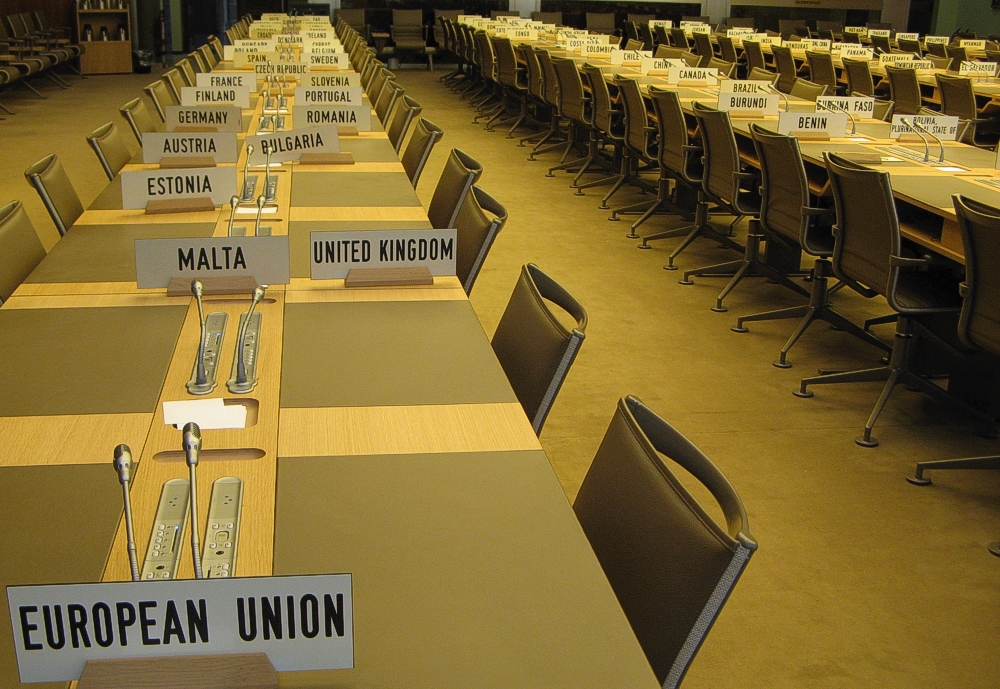SEE ALSO
In General Council India alone opposes investment deal as a WTO agreement
Technical note: types of plurilateral deals and adding them to WTO rules
What the agreement includes
●
General Council minutes from this meeting and in general (published a few months after the meeting)
All articles tagged “investment facilitation”
All articles tagged “Plurilaterals”
By Peter Ungphakorn
POSTED JANUARY 12, 2024 | UPDATED MAY 10, 2024
India has circulated a strongly-worded statement prepared for the World Trade Organization’s General Council on December 15, 2023 on why it opposes bringing the new plurilateral agreement on Investment Facilitation for Development (IFD) into the package of WTO rules.
It describes the whole process as “illegal”, without any mandate and against the multilateral WTO framework. Worse, India says, the investment facilitation talks defy a “negative mandate” because of previous consensus decisions against the move.
Why is this important? Two words: WTO reform.
But is that legalistic rejection valid? Some lawyers suggest the argument is political even though it is dressed up as legal.
And “BS” is how one described the claim that negotiations can only be launched in the WTO by a consensus mandate.
Continue reading “Comment: on India’s claim that a plurilateral WTO deal is ‘illegal’”








